Google wants to "test third party cookie phaseout" in recent Chrome Canary experiment
2 min. read
Updated on
Read our disclosure page to find out how can you help MSPoweruser sustain the editorial team Read more
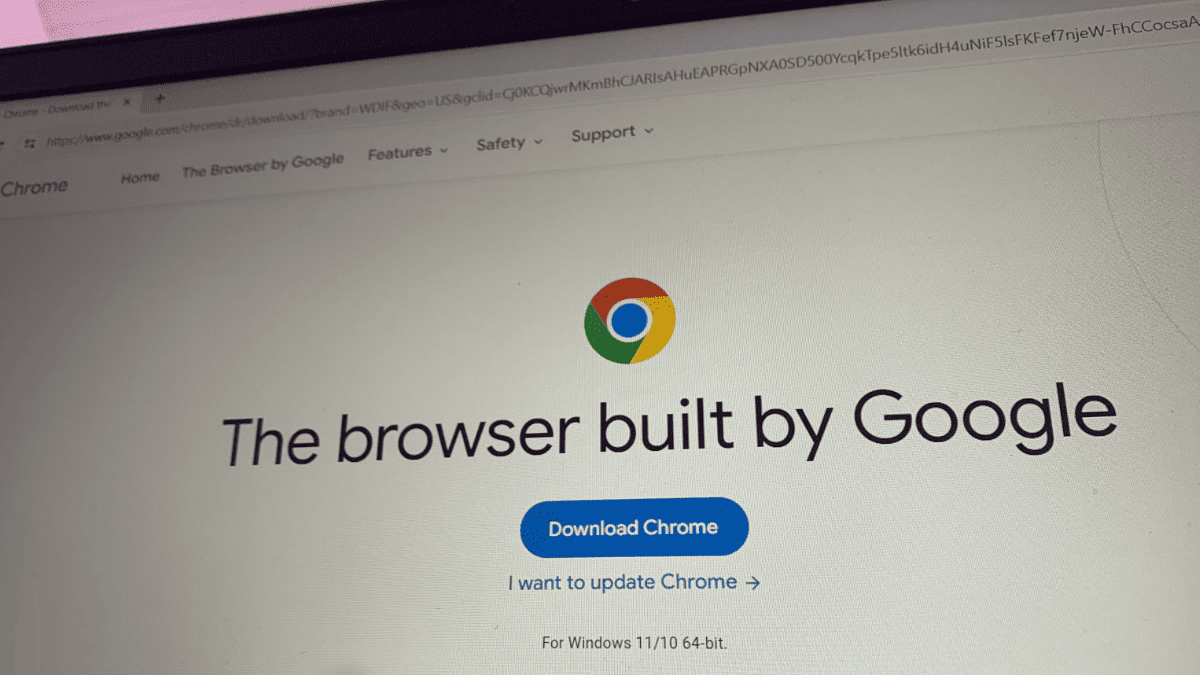
Google is currently experimenting in its Canary Chrome tryout channel. In short, the web browser giant wants to let its users be more flexible with their cookie preferences by introducing a “test third party cookie phaseout.”
As spotted by Chrome insider @Leopeva64, a new flag called “test third party cookie phaseout” has just been spotted in the experimental browser. The toggle reads, “Enable to test third-party cookie phaseout. Enabling this flag also enables FedCM and third-party storage partitioning.”
Google has added a new flag in Chrome Canary to "test third party cookie phaseout", after enabling it, you will see the "eye" icon in the address bar every time you visit a site:https://t.co/MGdZVMfTUV pic.twitter.com/XbxR3A4jdg
— Leopeva64 (@Leopeva64) August 5, 2023
Once enabled, an eye icon will appear in the address bar as a sign.
What does “test third party cookie phaseout” mean?
“Test third party cookie phaseout” is a flag in Chrome that allows you to test the browser behavior after third-party cookies are being axed out. This means that you can see how your website will function without third-party cookies, and identify any potential problems that may occur.
To test third-party cookie phaseout, you need to run Chrome from the command line with the flag –test-third-party-cookies-phaseout, starting from Chrome version 115 from the stable channel (released in July this year).
If you remember earlier in July this year, Google rolled out a neat little update that could make your life easier, especially if you’re dealing with a website that loads really slowly. There’s a toggle that lets you temporarily enable third-party cookies if the site you want to visit isn’t working properly.
Google’s Chrome browser will gradually phase out support for third-party cookies and “limit covert tracking” starting midway through 2024. This is part of the Privacy Sandbox project, which aims to improve user privacy on the web. The updates to Chrome are a sign that Google is working towards this end goal.


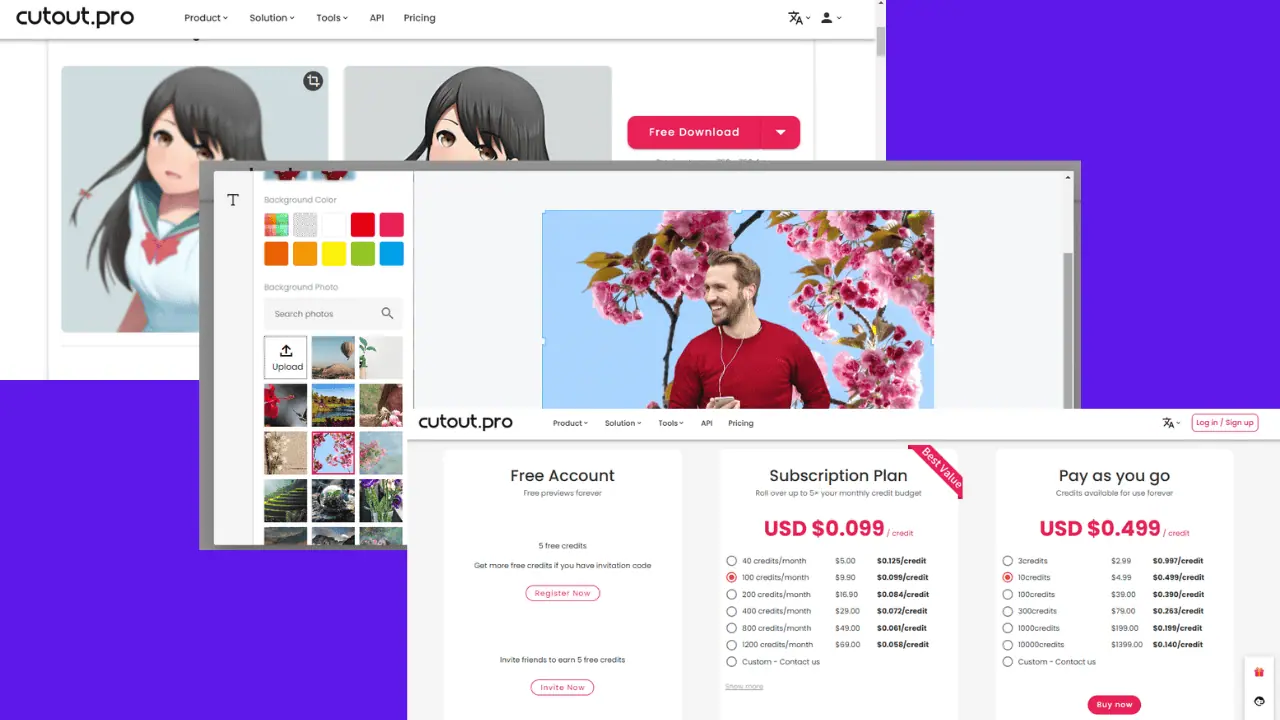

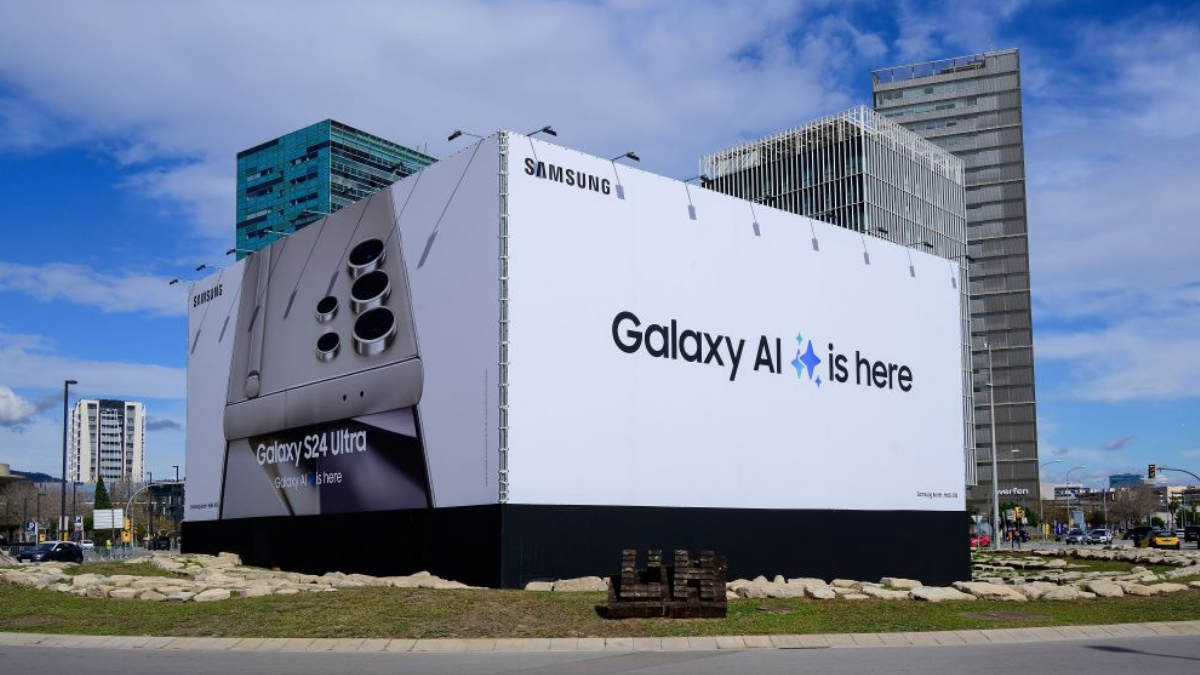
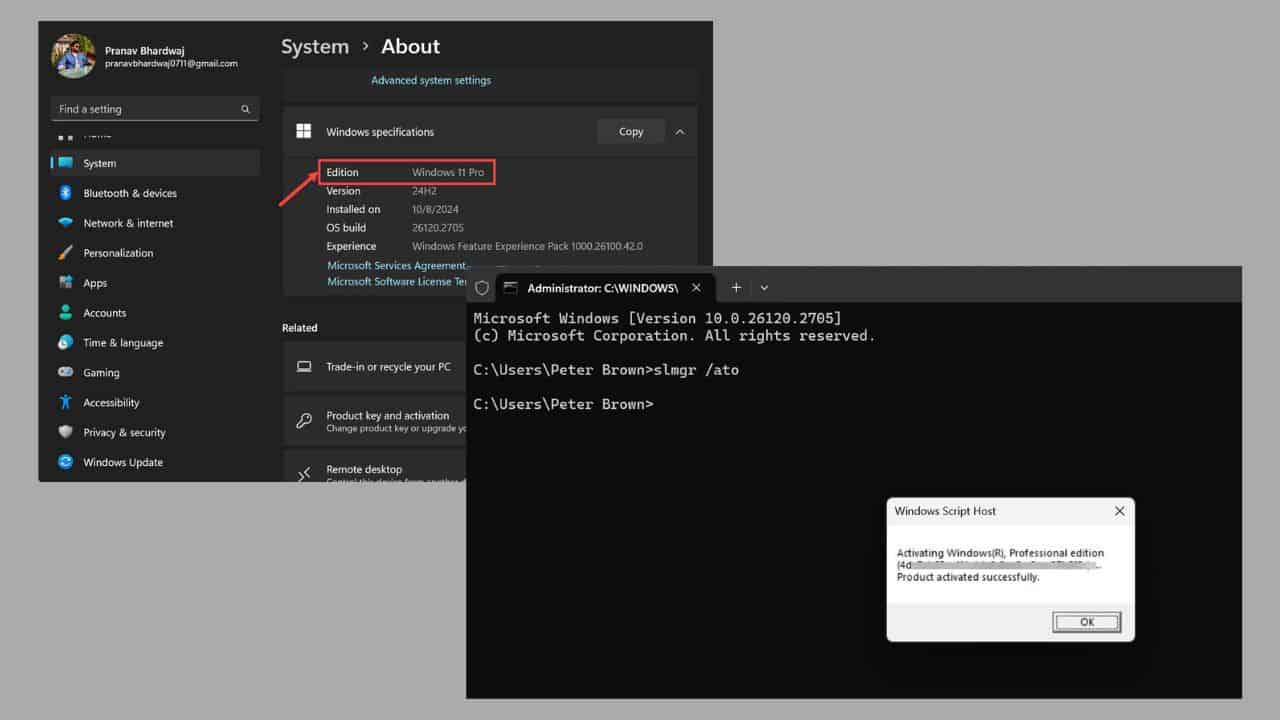

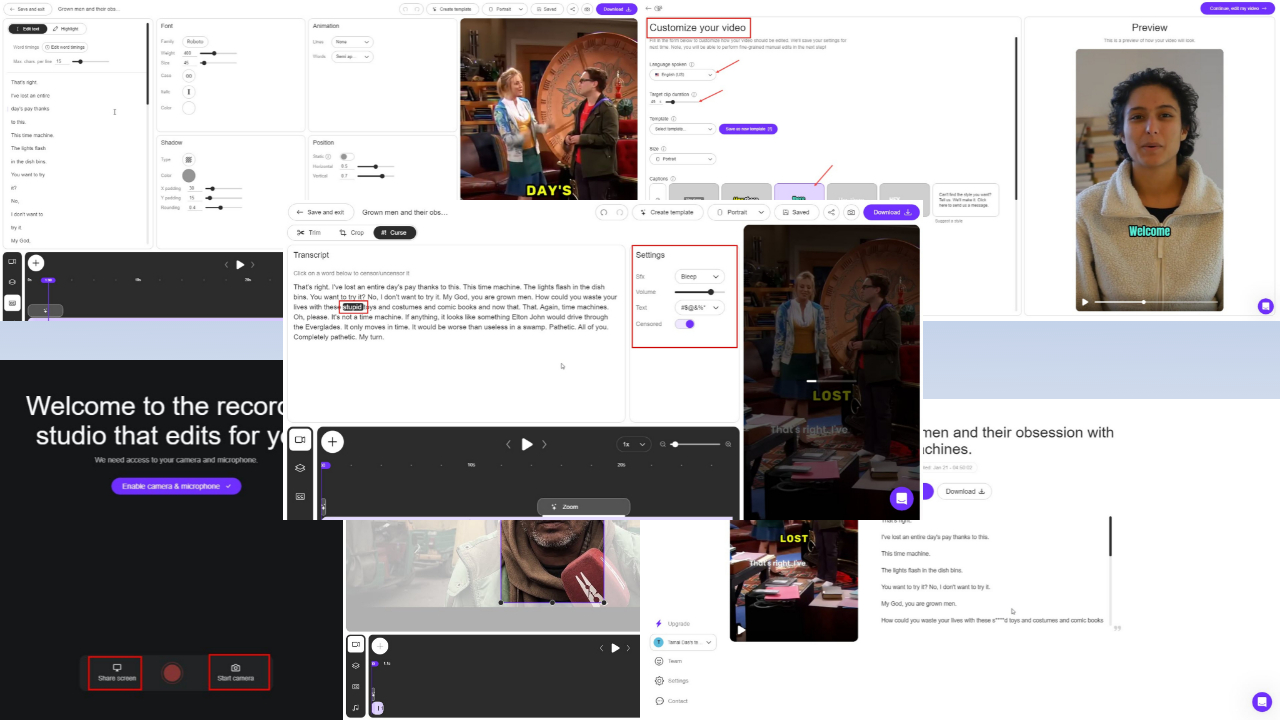
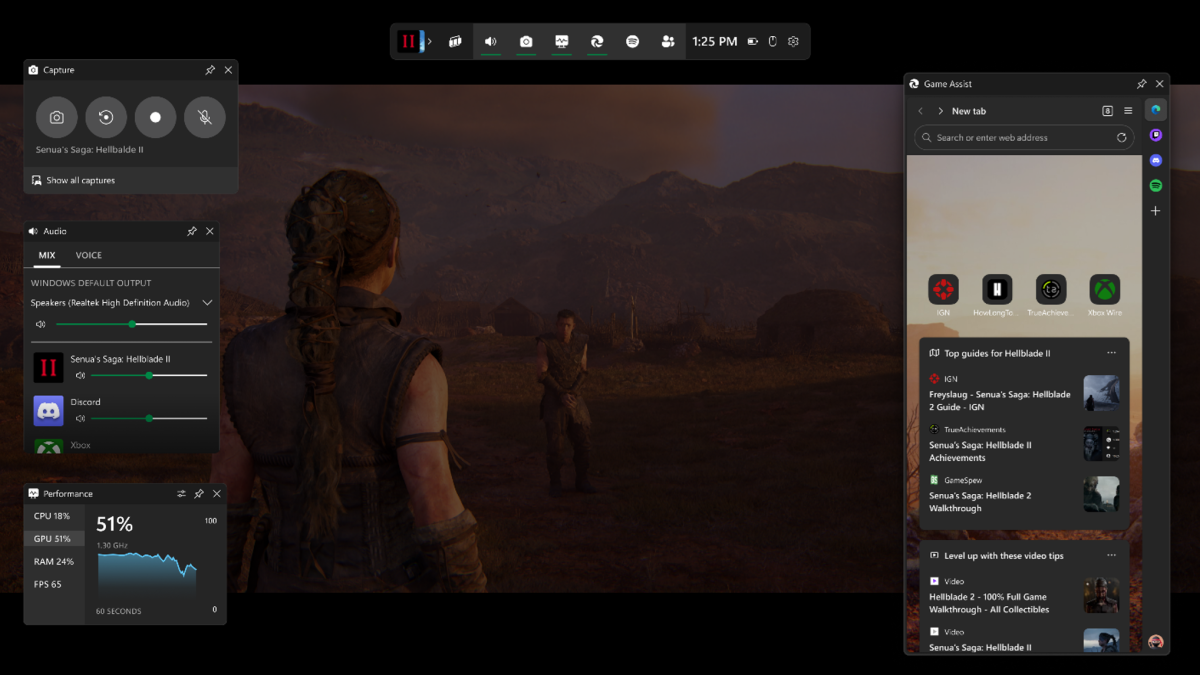
User forum
0 messages